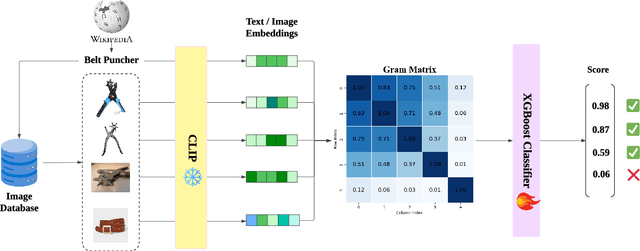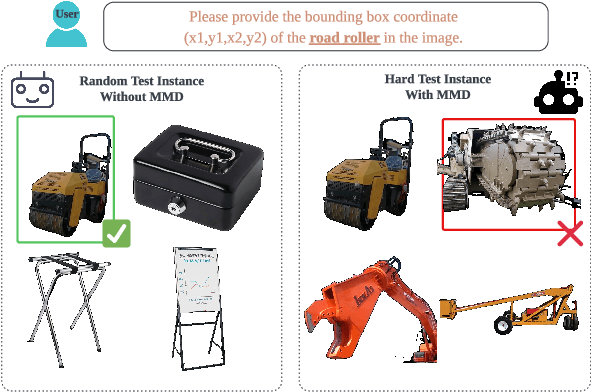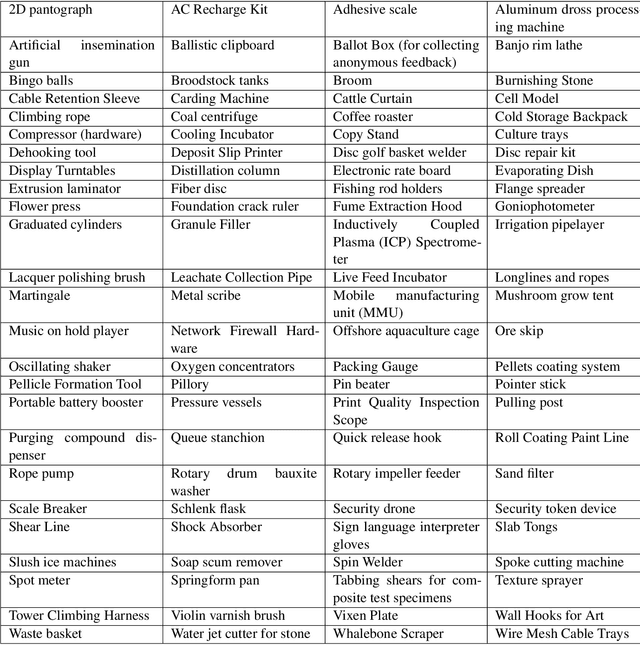UOUO: Uncontextualized Uncommon Objects for Measuring Knowledge Horizons of Vision Language Models
Paper and Code
Jul 25, 2024



Smaller-scale Vision-Langauge Models (VLMs) often claim to perform on par with larger models in general-domain visual grounding and question-answering benchmarks while offering advantages in computational efficiency and storage. However, their ability to handle rare objects, which fall into the long tail of data distributions, is less understood. To rigorously evaluate this aspect, we introduce the "Uncontextualized Uncommon Objects" (UOUO) benchmark. This benchmark focuses on systematically testing VLMs with both large and small parameter counts on rare and specialized objects. Our comprehensive analysis reveals that while smaller VLMs maintain competitive performance on common datasets, they significantly underperform on tasks involving uncommon objects. We also propose an advanced, scalable pipeline for data collection and cleaning, ensuring the UOUO benchmark provides high-quality, challenging instances. These findings highlight the need to consider long-tail distributions when assessing the true capabilities of VLMs.
 Add to Chrome
Add to Chrome Add to Firefox
Add to Firefox Add to Edge
Add to Edge